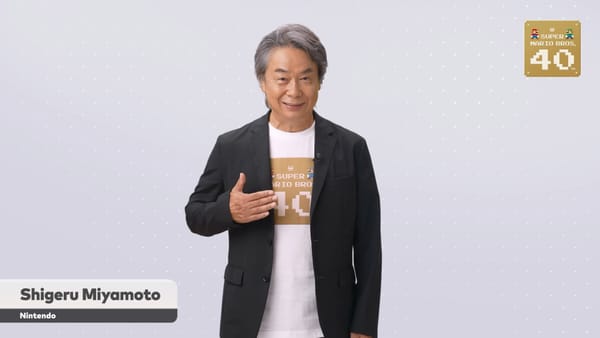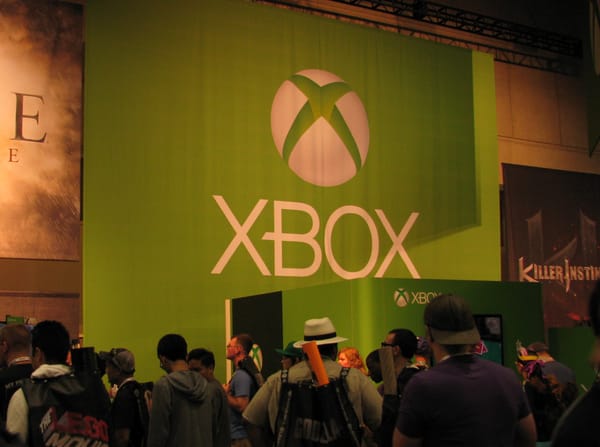No, PC handhelds won’t threaten Switch 2
Contrary to what you may have read, PC handhelds like Steam Deck and Asus ROG Ally don't post a threat to Nintendo Switch 2.
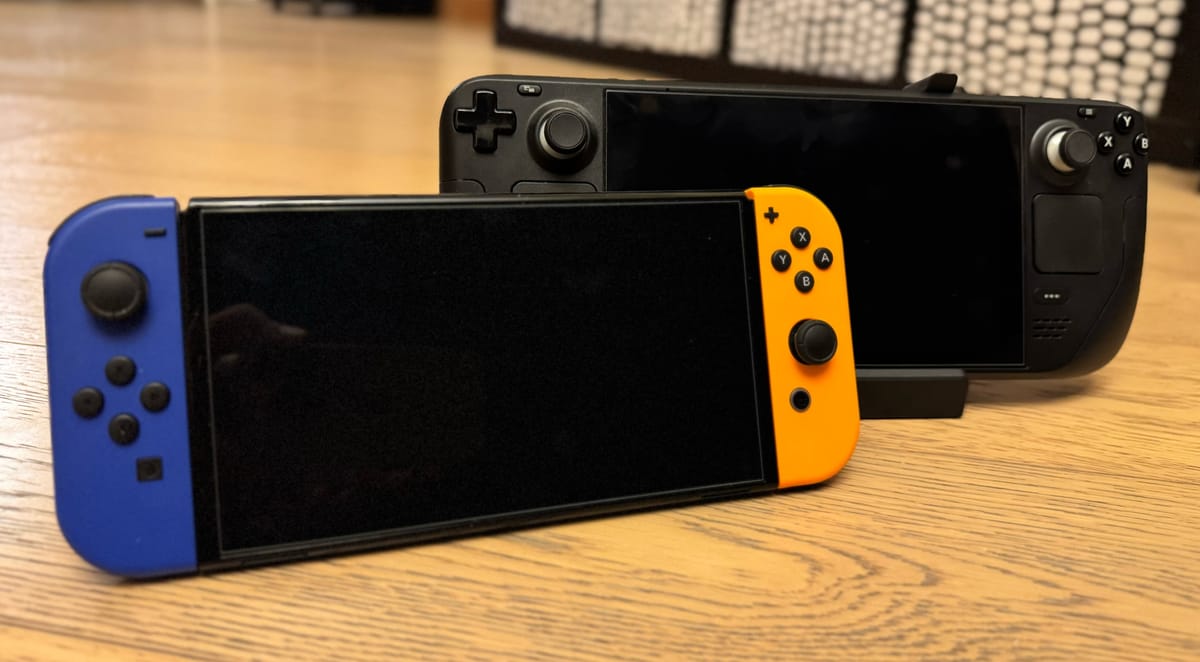
As we approach the launch of Nintendo Switch 2, there’s a line that keeps popping up.
“The Switch 2 is almost here — but PC handhelds are giving it big competition.” - The Verge.
“The Switch 2’s sales are unlikely to match those of its predecessor… Whereas the Switch originally faced little competition in the handheld market, the space is now becoming crowded.” - The Economist.
Let me be blunt here: the Switch 2 is not competing with PC handhelds. These are two different categories of devices and the notion that PC handhelds will make a significant dent in Switch 2 sales in the next couple of years is ludicrous.
Look, I can see how someone can get talked into this argument. Games are games, right? Even I wouldn’t pack multiple handhelds for a trip. On a broad level, you can construct an argument that someone choosing to spend $500 on a Steam Deck means they won’t spend $400 on a Switch 2.
But I find this scenario divorced from reality.
Firstly, the PC handheld market is small, and not projected to grow by much in the near future. IDC estimates published by The Verge showed that sales of the best-known PC handhelds (Steam Deck, ASUS ROG Ally, Lenovo Legion Go and MSI Claw) combined were just shy of 1.5 million units in 2024. In 2025, that number is set to grow... but only to just under 2 million.
Let’s put that in perspective. Macquarie Capital analyst Hiroshi Yamashima thinks Nintendo will sell 20 million Switch 2 consoles in the first year. Analyst Robin Zhu believes that Nintendo is preparing 6 to 8 million Switch 2 units for day one alone.
To repeat: it’s quite possible that the Switch 2 will outsell the entire category of PC handhelds in 24 hours.
That is not to damn PC handhelds, but rather to show that these are different products for different purposes that are mostly aimed at different people. There is some overlap in audience, sure — I’m part of it! But I recognize that I am a minority that plays everything, and I think people like me warp the overall picture.
We have to stop thinking of gaming as one monolithic entity. This industry is too big and too diverse to squish every form of gaming into one category and pretend it’s all the same thing. We recognize the differences between movies and TV, but the nuances of gaming are often ignored.
To put it another way, let's look at cars. Say you need a car to get to work, and you’re rich enough to decide between buying a Ferrari or a luxury Lexus van. Hey, they’re both cars, right? Both would indeed get you to work. And yet both are so different that this is obviously not a realistic choice; there’s just no scenario where someone would leave themselves weighing up only one of these two options.
That’s how I view the idea of competition between Switch 2 and, say, the Lenovo Legion Go. Yes, they’re both game systems. Yes, they’re both “something to play on the go.” But it's ludicrous to expect that most people will face the dilemma of only these two choices because they are so fundamentally different in terms of price, target audience and library of games.
Let's tackle those three points. Price is straightforward enough: the original Switch was priced at US$299. Switch 2 is expected to cost $399, which would make it Nintendo's most expensive console ever (alongside the premium version of the Wii U). But the Steam Deck OLED starts at $549 and the cheapest Asus ROG Ally X is $799. They're not even close to the same ballpark.
That's because they are basically full PCs, just in handheld form. PCs offer customization at the cost of complexity. It can be a selling point – but not for console gamers, who prefer simplicity. Consoles are plug-and-play: any game you buy is certified to run on that console without needing to tweak any settings, which just isn't the case with PC handhelds. Valve did a tremendous job making the Steam Deck as streamlined as possible, but trust me, even games allegedly verified by Valve to run smoothly on Steam Deck, er, don’t. PC handhelds are still PCs. If you’re not into PC gaming — and many console gamers are not — PC handhelds won’t change your mind.
But the biggest difference between the two is also the most obvious: the games. Because the main reason people bought the Switch is for Nintendo games — and Nintendo games aren’t on PC.
(Yes, I am aware that there are Nintendo Switch emulators for PCs; no, I do not think that audience is large enough to be a factor.)
Look at the list of best-selling Switch games. You have to go all the way down to 24th place to find a game that isn’t from Nintendo, Capcom’s Monster Hunter Rise. The top 23 best sellers were all published by Nintendo. If you bought a Switch, you almost certainly bought it for Nintendo games.
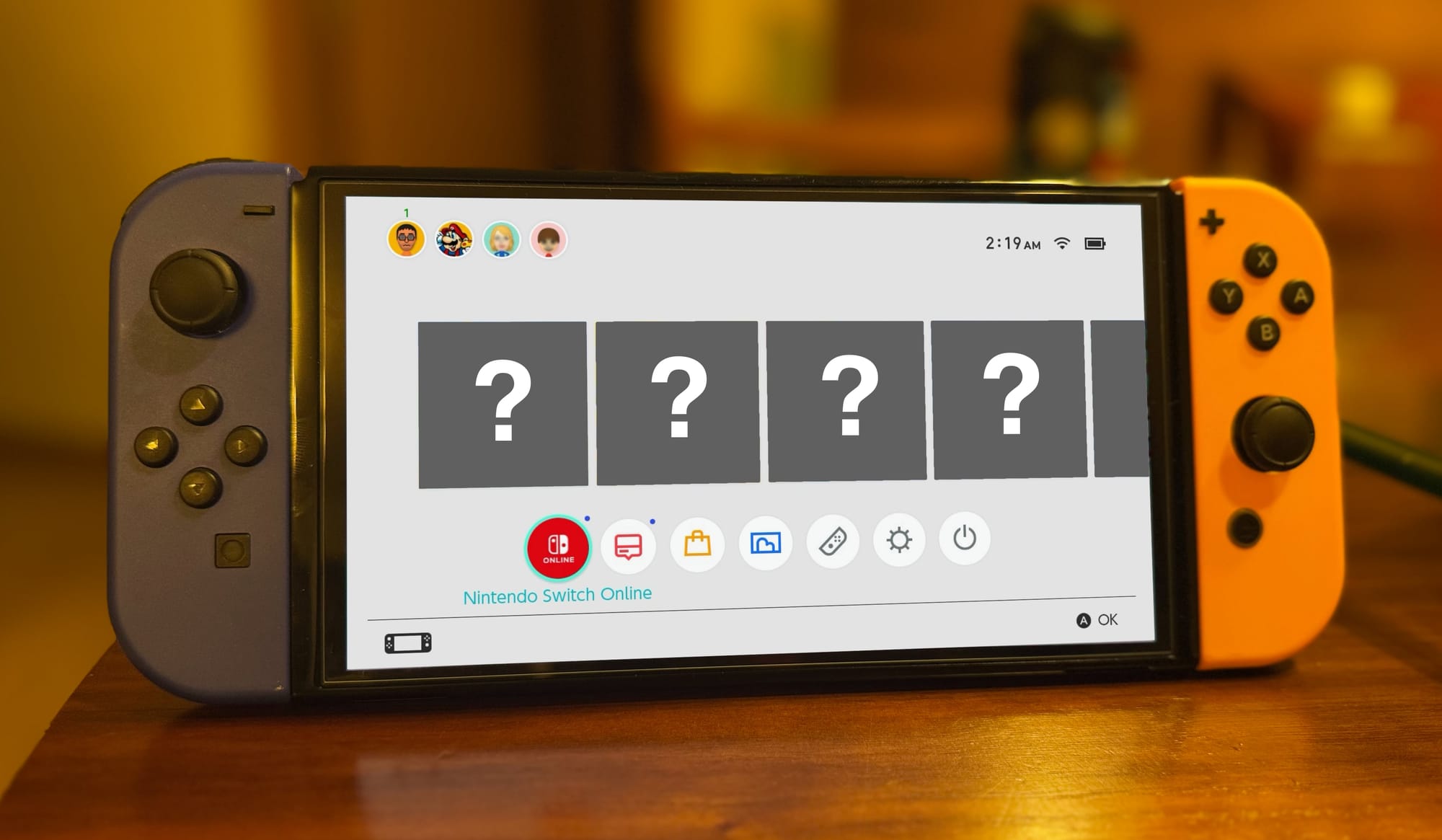
The same also works in reverse: the games popular on PC handhelds aren’t on Switch. The most-played Steam Deck game of 2024 was Elden Ring. It might come to Switch 2, sure; analyst Rhys Elliott at Midia Research believes more third-party games will come to Switch 2. But the original Switch is on the verge of becoming the best-selling console of all time without games like Baldur’s Gate 3, Call of Duty or Elden Ring. Bringing those games over to Switch 2 would be a bonus, but unnecessary: Switch 1 proved the core audience for Nintendo games alone is enormous.
At the end of the day, if someone wants a Mario Kart machine, there’s only one option for that. I don’t see a world where a gamer (metaphorically) walks into a store looking for a Switch 2 but walks out with an Asus ROG Ally X instead. If you want a Mario Kart machine, you’re not going to choose the thing that can’t play Mario Kart.
The only people who would in any way experience a dilemma of choosing between a Switch 2 or PC handheld are hardcore gamers… or writers at tech sites. And frankly, both of those categories probably end up with both machines anyway. Their dilemma isn’t one or the other; it’s about which one they'll buy first.
This might sound like I am down on PC handhelds. But I’m not: I do like my Steam Deck. I also recognize that the category will only get bigger over time. PC gaming is growing, so there’s no reason why PC handhelds won’t grow, either.
But I want to inject a dose of realism into this debate, because the idea that these two are pitted together in a sort of winner-takes-all competition is just not true. And in fact, I think there’s a scenario where, eventually, both thrive — and it’s one that we’ve seen before.
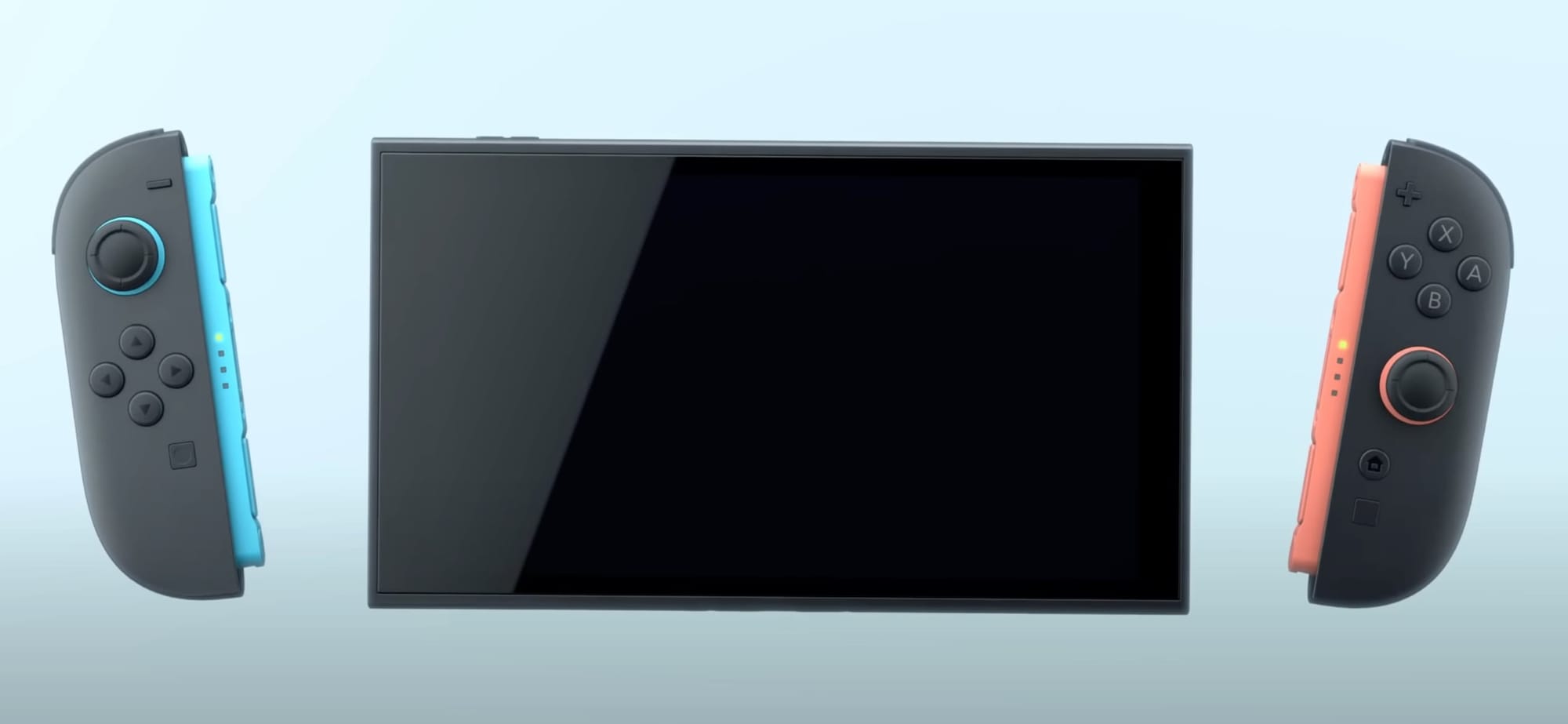
The Nintendo DS is, for now, still the best-selling Nintendo game console. (Switch will pass it very shortly.) It launched just days before the Sony PlayStation Portable. The PSP looked and felt like the future; it remains, by far, the strongest challenge to Nintendo in 35 years of dominance in handheld game consoles. The PSP sold “only” half as many units as the DS — but that represents over 80 million consoles. It is one of the most successful video game consoles ever; it just happened to exist at the same time as one of the few that was even bigger.
It also meant that it wasn’t a zero-sum competition where one handheld thrived at the expense of the other — both sold well because both found their own fit in the market. And I think the same is possible with Switch 2 and PC handhelds… eventually, anyway.
The Switch 2 and PC handhelds like Steam Deck are different devices with different purposes. And the idea that Nintendo will suffer from competition with PC handhelds simply doesn’t take that into account.



